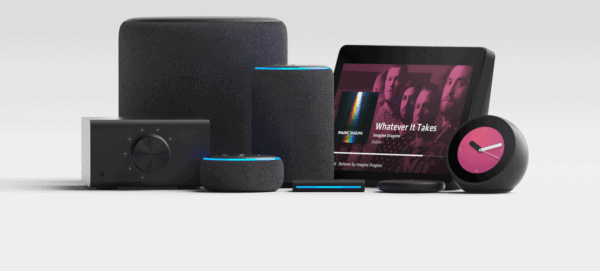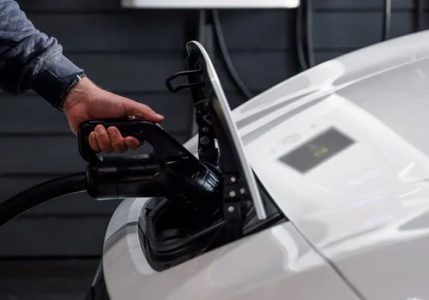Yesterday, at an event in Seattle, Amazon announced four different categories of products, including its smart speakers, Echo; Accessories and Echo companion devices; smart home control; and smart home monitoring. In all, Amazon introduced 15-new Alexa enabled products, with expected upgrades to the Echo, and a surprising line-up of products that included microwaves (AmazonBasics Microwave), smart plugs, clocks (Echo Wall Clocks), security devices and in-car accessory (Echo Auto). It also introduced new ways to add Alexa to third-party devices, effectively competing against those who were integrating Alexa into their products. The Alexa lineup also got a design upgrade, with sleek aesthetics.

Amazon’s play to create a large echo-system of Alexa-powered products shows its growing interest in dominating the voice first world, in the same way like Microsoft did with the PCs, or Apple with its iPhones. Towards this end, Amazon has been expanding the product universe with many niche, high-end devices and many mass-market plays. Unlike Apple or Google, whose consumer reach extends only till such time the consumer uses the device, Amazon through its new product line-up can be assured of multiple touchpoints with the customers daily, going beyond the living room, into the kitchen, the bedroom, and even inside the cars. In turn, all of this will feed its ecommerce platform too. Amazon’s reach to its customers extends far beyond the hardware and software alone. As such, Amazon’s current focus far exceeds from simply improving the Alexa. It is all about the myriad ways it can embed itself into human lives.
Amazon will, through all these touchpoints, have access to a rich dataset around consumer behaviour and consumer preferences, which in turn, will support their future growth. All of this portends to an exciting future ahead for Amazon, with a potentially massive revenue channel. Amazon’s early mover advantage in the nascent smart home segment will support its future growth.
However, there are couple of wrinkles that Amazon would need to iron out.
For all of the myriad gadgets that Amazon launched, its plans would still come to a nought if the WiFi router fails or has intermittent problems. That, in turn, would adversely affect the customer experience. Over the next year, Amazon would need to focus on getting into the WiFi business with its own router.
One key chink in Amazon’s armor pertains to its absence from the primary device of consumers, Smartphones. While Alexa can be installed on Smartphones, it is glaried that Amazon has not been able to nail the smartphone with Alexa built-in. When it comes to the smartphone, Google has the upper hand here, as it owns the smartphone space through the Google Assistant, as well as its other apps, including Google Maps, and Gmail.
In conclusion, Amazon’s new launches pave the way for it to extend its lead in the voice-first world, even as Google plays catch-up. While both get engaged in a fierce battle ahead on the seamless smart home, consumers would make hay.














